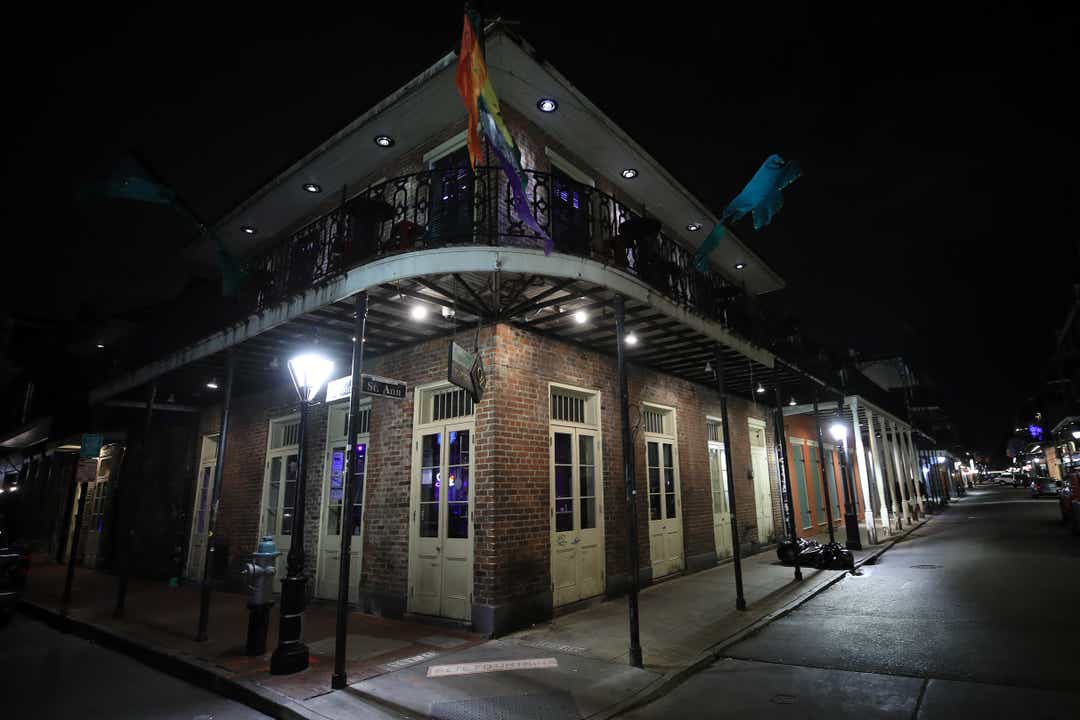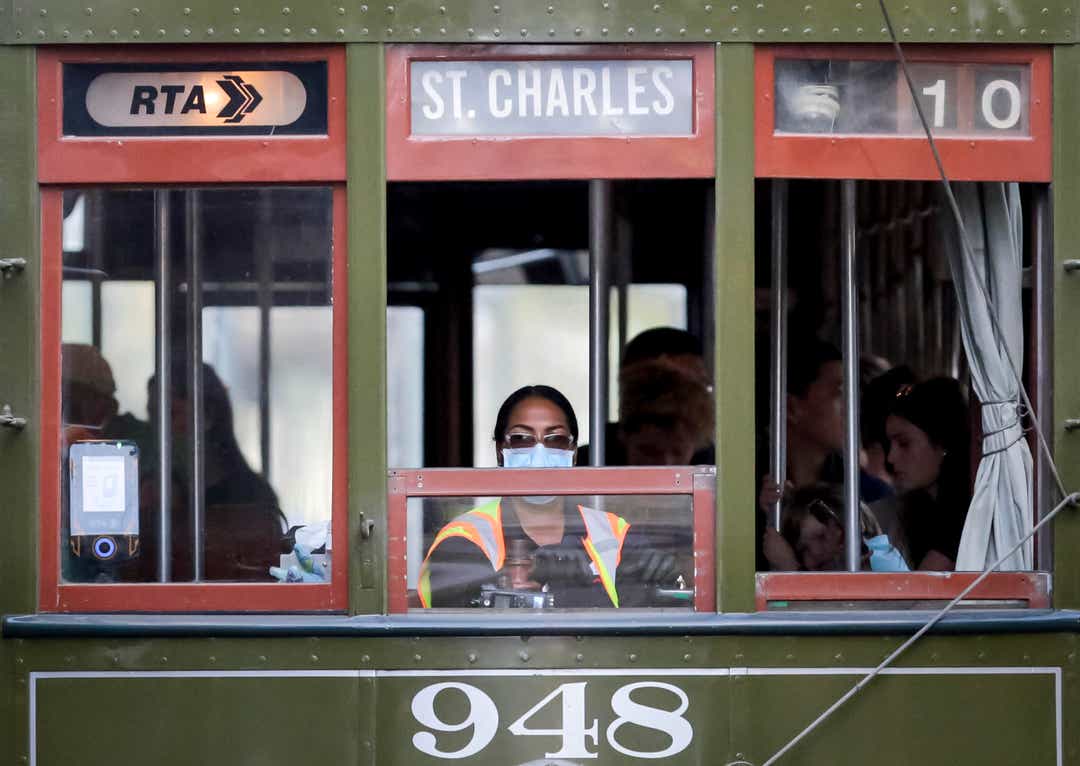Florida governor plans checkpoints to screen Louisianians, suspend vacation rentals as cases pass 4,000
When the number of coronavirus deaths reached 54 in Florida on Saturday, Gov. Ron DeSantis told the state's surgeon general, Dr. Scott Rivkees, to get on the phone and send a public health alert to every Florida resident.
The message Rivkees texted Saturday afternoon was a repeat of the advisory he issued Wednesday, that people 65 and older, and those with underlying medical conditions, should stay home and avoid crowds, and everyone should practice "social distancing."
By Saturday evening, the number of coronavirus cases in Florida stood at 4,038, more than a fivefold increase from a week ago, when the state reported 706 infections. The death count creeped up to 56.
The virus has been particularly fatal for those over the age of 65, with that group making up 89% of statewide deaths. Another 35% were between the ages of 55 and 74, while people younger made up 4% of the fatalities and those over 85 were 19% of deaths.
“Protect yourself. Now is not the time to go outside. Don’t get involved in any big crowds, use this time to protect yourself,” DeSantis said in a briefing live-streamed from his conference room in the Capitol.
DeSantis and public health officials are in a race to control the spread of the virus before it overwhelms the ability of hospitals and health care professionals to deliver care.
On Friday, he issued an executive order expanding a previous directive that airline travelers from the New York City area self-quarantine for 14 days to include people from Louisiana who enter the state on Interstate 10.
The order would not apply to commercial transportation.
New Orleans is experiencing a coronavirus surge of more than 1,000 infections linked to the Mardi Gras celebration in February, sending Louisiana's total number of cases past 3,300 as of Saturday. DeSantis wants to intercept any Louisiana travelers from “seeding” the virus in Florida.
It's about a three-hour drive from New Orleans to Pensacola, Florida, and panhandle officials had expressed concerns to him about travelers fleeing the Bayou State and carrying the virus into Florida.
“Look, we’re either trying to fight this virus or we are not,” DeSantis said of his plan that includes a checkpoint on Interstate 10 at the Alabama line and National Guard members greeting travelers from the New York City area at airports.
“We’ve done what we could with New York City and we’re also doing the same with the New Orleans hot spot,” DeSantis said.

His executive orders defined the greater New York City area and Louisiana as areas with substantial community spread. Individuals traveling from those regions must "self-declare" they came from a hot spot and agree to quarantine themselves for 14 days upon arrival in Florida. A violation could mean a 60-day jail sentence and fines of up to $500.
Signs were erected along I-10 to direct eastbound drivers to a checkpoint where they were notified about the requirement. DeSantis said he was also looking at establishing one on I-95 to catch New York travelers.
But while the Georgia Public Health Department has called Albany, 88 miles north of Tallahassee, a region with "sustained community spread” of the coronavirus, DeSantis shrugged about establishing a checkpoint on I-75. And his office did not respond to questions about U.S. 319. Both thoroughfares connect north Florida to Albany.

“Having the 10 and 95 (checkpoints) is good and I think that provides the protection,” DeSantis said when asked about other routes into the state.
The governor also called on local airport authorities and airlines to help identify travelers from hotspots. The National Guard and public health officials are stationed at major airports and DeSantis called on local airport authorities to help to screen arrivals at smaller airports like Tallahassee's for contact with hot zones.
“I think it is in everybody’s interest that we deal with the spread we have now, try to blunt it, flatten the curve, but we don’t allow importing new infections,” DeSantis said.
On Friday, he said the state would suspend vacation rentals for two weeks, telling visitors, "If you're in one now, finish and go home."
Despite a growing support among lawmakers to do so, DeSantis has refused to issue a statewide lockdown limiting residents' movements like 22 other states have done in some fashion. Instead, he has preferred to let local governments decide. At least 10 counties have imposed some form of restriction, closing non-essential businesses and advising residents to stay home.
Local restrictions are tight in South Florida with orders in place in Broward and Miami-Dade counties, which report nearly half of the state’s infections.
Hillsborough and Pinellas counties have also issued directives as have Orange and Osceola counties in Central Florida. Some communities, including Leon County, have also imposed curfews, and many have threatened to enforce with arrests or fines as high as $500.
James Call is a member of the USA TODAY NETWORK-Florida Capital Bureau. He can be reached at jcall@tallahassee.com and follow him on Twitter @CallTallahassee.
Never miss a story: Subscribe to the Tallahassee Democrat.
"case" - Google News
March 29, 2020 at 06:11AM
https://ift.tt/2UHAjXj
Florida coronavirus cases pass 4000: state border checkpoints begin, vacation rentals halted - USA TODAY
"case" - Google News
https://ift.tt/37dicO5
Shoes Man Tutorial
Pos News Update
Meme Update
Korean Entertainment News
Japan News Update
Bagikan Berita Ini














0 Response to "Florida coronavirus cases pass 4000: state border checkpoints begin, vacation rentals halted - USA TODAY"
Post a Comment